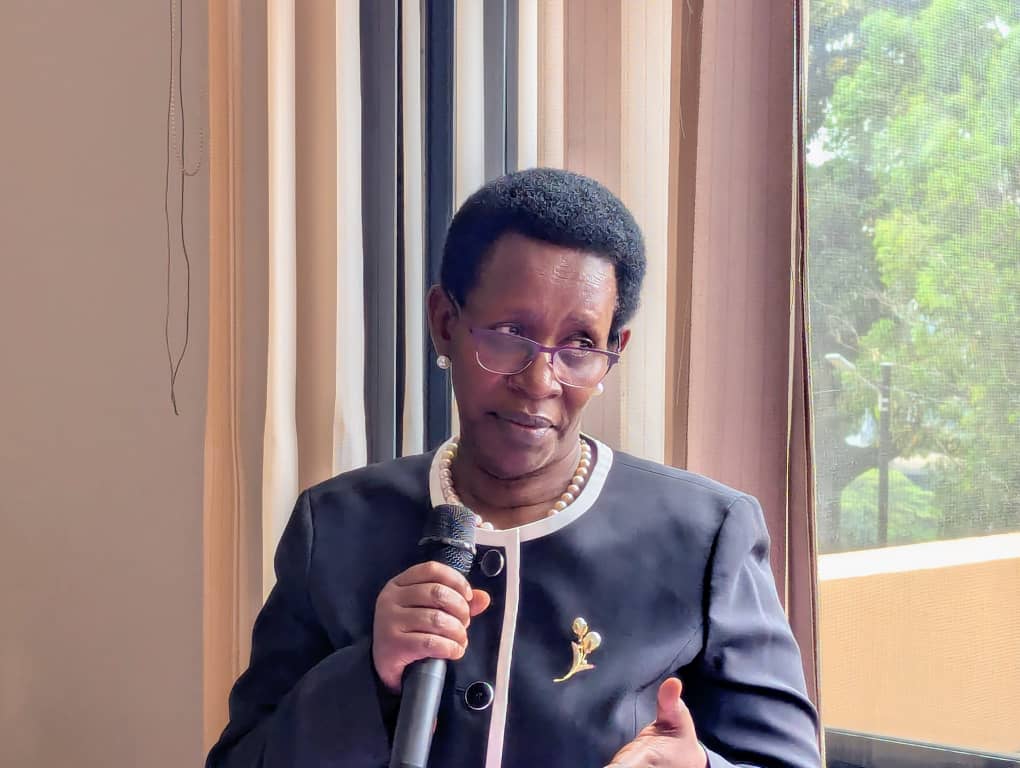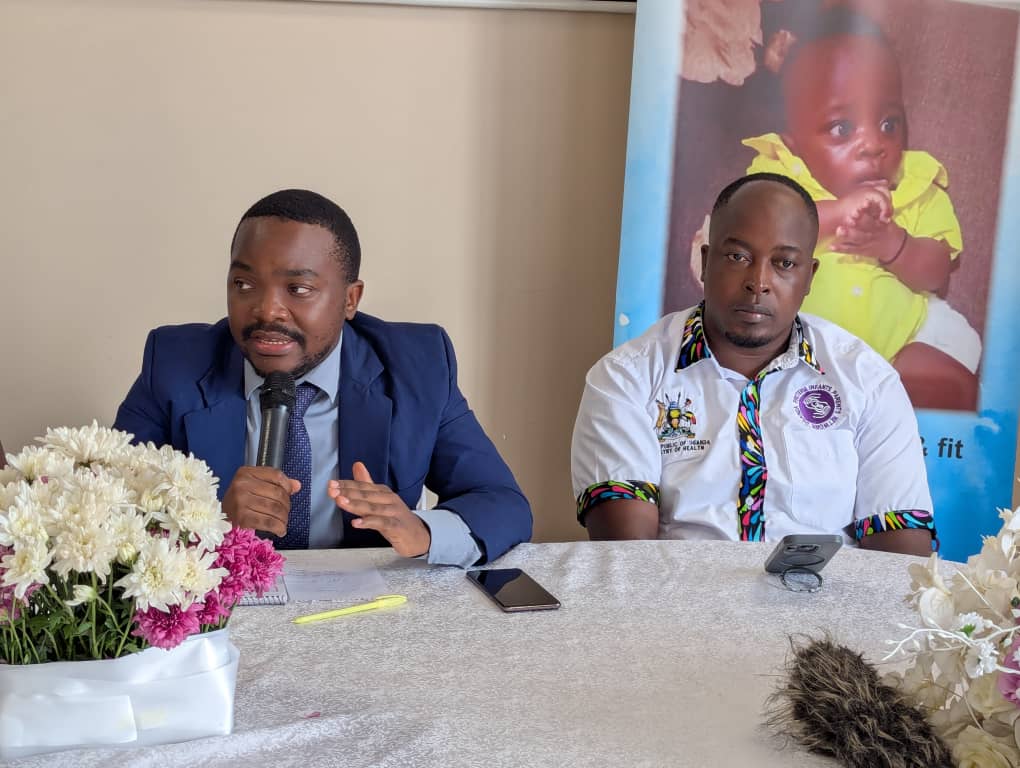
 Mama FM
Mama FM

 Mama FM
Mama FM
18 November 2025, 2:10 pm
Byamukama Alozious
Mulago Women and Specialized Neonatal Hospital in Kampala hosted a crucial event, shedding light on the challenges of premature births in Uganda. Dr. Diana Atwine, Permanent Secretary of the Ministry of Health, emphasized that many mothers don’t seek specialized care for premature babies, leading to complications and risks.
“Having a premature baby isn’t a condemnation,” she reassured, highlighting the importance of support and care. Ugandan nurses are giving hope to families, supporting tiny babies born before time.

The ministry is expanding neonatal services to general, regional, and health IV facilities, equipping them with incubators and kangaroo care. Dr. Atwine stressed the need for follow-up care, as premature babies are at risk of deafness, visual problems, and other complications.
Dr. Sam Ononge, Director of Mulago Women’s Specialized and Neonatal Hospital, revealed that 226 babies are born premature every year in Uganda, with one nurse attending to 10+ babies. He advocated for a 1:1 nurse-to-patient ratio, emphasizing that most premature babies die before 5.
Kateragga Bazilio, a preterm infant parent, shared his experience, highlighting the importance of couple support in raising premature babies.
Dr. Migadde Deogracious, the senior medical officer ministry of health emphasized the need for more support in commodity costs and devices like oxygen supports.

Ebba Secca, Senior Technical Officer, Reproductive Health, Africa CDC, highlighted the African Center for Disease Control’s commitment to reducing premature births, the team is currently visiting Uganda to benchmark on how Uganda is performing on premature care.
The goal is to reduce premature cases by prevention during antenatal care, avoiding early pregnancy, and general check-ups. Uganda aims to reduce premature births from 22/1000 to 12/1000 by 2030, with a target of 1/10 getting premature.